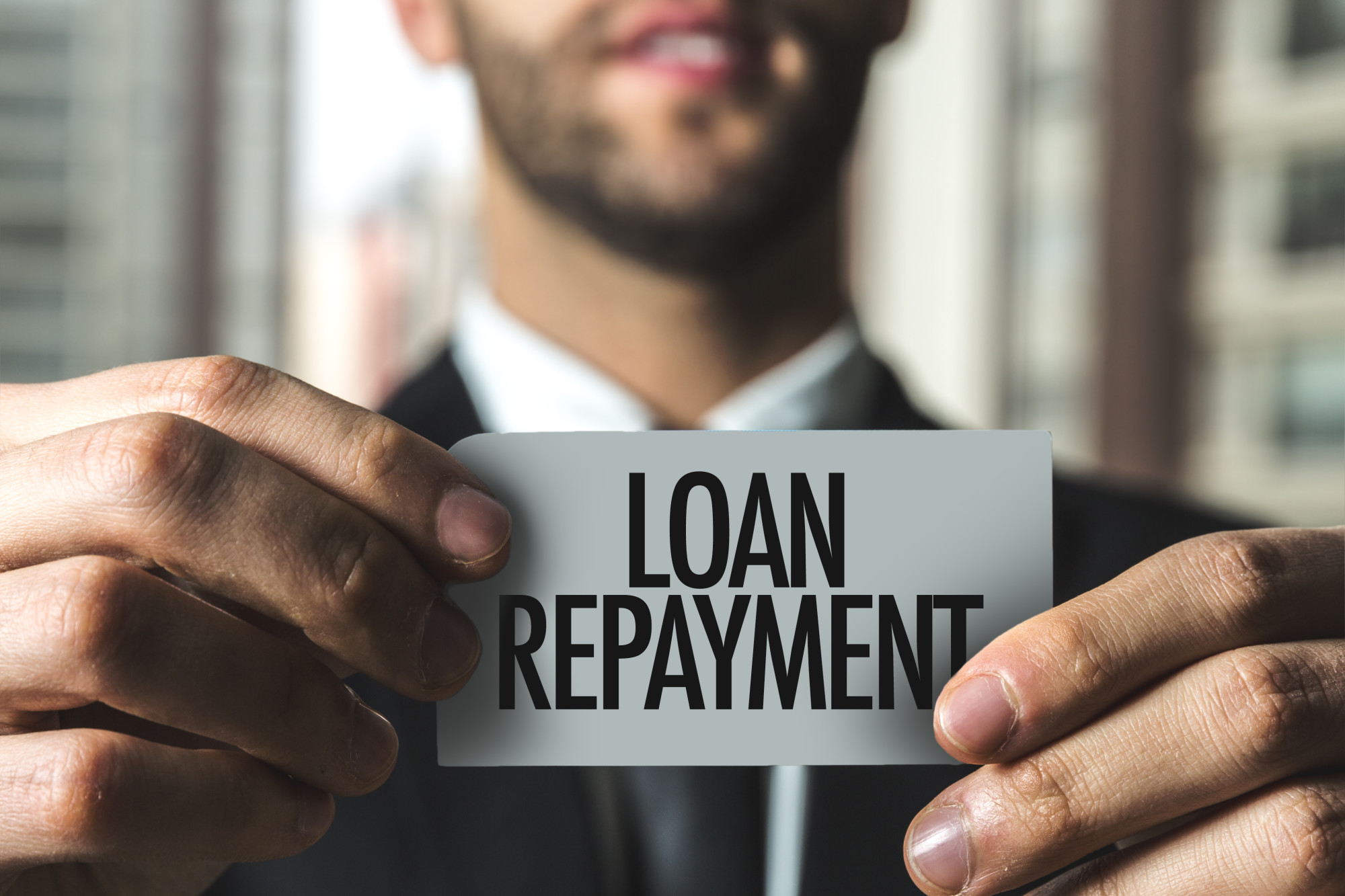Are you looking for ways to pay off student loan repayments faster?
These loans can take some time to pay off. It may take years to finish paying off your loans, so you need to look for ways to pay off your loans faster to be free of debt sooner.
If you want to take the initiative to expedite your student loan payments, here are some financial tips to help you. Read along to learn more!
Contents
1. Create a Budget Plan
First, list all of your monthly income from all sources. Then list your monthly expenses, such as rent, food, and bills. Subtract your monthly payments from your monthly income to determine the amount left over after your expenses.
Allocate a portion of this excess amount to loan repayment. This amount should be as high as possible. Aim for 10-20 percent to pay off your loan quickly. You may occasionally save or make extra money that can be easily applied to your loan, allowing you to pay your balance earlier than planned.
2. Sign Up for Automatic Deductions From Your Bank Account
All you have to do is inform the servicer that you’d like to set up automatic deductions. They will provide the bank information you need to set up the payment.
You must log into your bank account and create a new ACH/direct debit payment. When setting up the price, you must provide information like the loan servicer’s name, routing number, and loan number and specify whether you will take the cost from a checking or savings account.
3. Focus On Higher-Interest Loans
You should look for student loans with higher interest rates and pay them off first. It will reduce the total interest you will pay in the long run and get at least one of your loan balances down. To do this, you should review your current loan statements and calculate which loan has the highest interest rate or the highest balance, whichever you prefer.
Once you have pinpointed the higher-interest loan, use any available financial resources to pay this loan off as quickly as possible. Review the fine print; some lenders may charge extra fees for paying off a loan earlier.
4. Consolidate Your Loans
Consolidating your loans can allow you to maintain one loan with a lower overall interest rate. This lower interest rate will result in smaller monthly payments and extended repayment periods.
It can minimize late fees and make it easier to keep track of your payments. To begin the process, you will need to gather all your loan documents, including the loan amounts, interest rates, length of the loan, and repayment dates.
5. Think About Extra Payments
Financially, you should always calculate the total cost of making extra payments and ensure you can still afford your other financial obligations. Consider your payment options, such as the graduated and extended plans, to determine if you’d benefit from the extra payments in the long run.
To maximize the advantages of extra payments, you can typically round up or add a few extra dollars to each monthly payment. It can increase the total amount paid and thus reduce the overall loan term.
Additionally, making extra payments to reduce the principal balance can lower the interest you’ll pay. Thinking about additional charges for faster repayments allows you to make a more informed decision about managing your finances.
6. Look Into Payday Loan Repayment Plans
Payday loan repayment plans usually involve borrowing money against your paycheck and repaying the loan when you deposit your paycheck. First, contact local banks and credit unions to investigate payday loan repayment plans, as they often have payday loan options and repayment plans.
Additionally, many online lenders now offer payday loan repayment plans. Read about payday loans to compare and contrast lenders’ fees, interest rates, repayment schedules, and other details. Be sure to thoroughly inspect contracts and loan documents before signing to ensure fair terms and conditions.
7. Set Aside Extra Income
It would help if you started by making budgeting a priority. Determine your money after paying for necessities and set aside a portion for your student loan payments.
Make sure this amount is enough to pay an extra payment each month.
You can also look for more ways to bring in additional income. Consider taking on a part-time job, freelance gigs, or any other income ideas you may have.
If you receive much extra income, put most of it into loan repayment. It will help you save money on interest and get rid of your student debt more quickly.
8. Make Lump-Sum Payments
First, you must determine how much extra you can pay on your monthly loan. Take into account all of your expenses, income, and debts when making this decision. Next, speak with your lender to determine whether they accept lump-sum payments and how they will apply them to your loan.
Generally, they will reduce your interest rate or principal balance. You can make partial payments if your loan is in deferment or forbearance. Finally, make your lump-sum payments and monitor your credit and repayment timeline.
Settle Your Loan Repayments Today
Financial savvy tips can help make student loan repayments more manageable and pay them off faster. Focusing on budgeting, debt consolidation, and finding the right repayment plans can help you save money and quickly free yourself of debt.
Remember to be proactive and research your options for faster student loan payments. Start taking charge of your financial goals today!
If you find this helpful and want to read more great content, check out our latest blog posts now!

